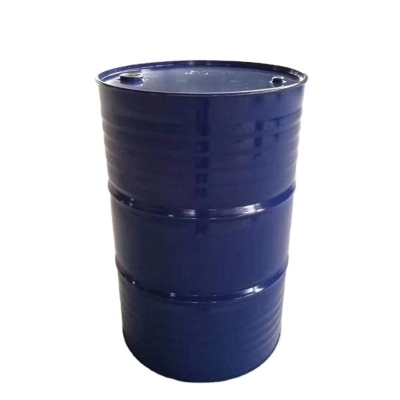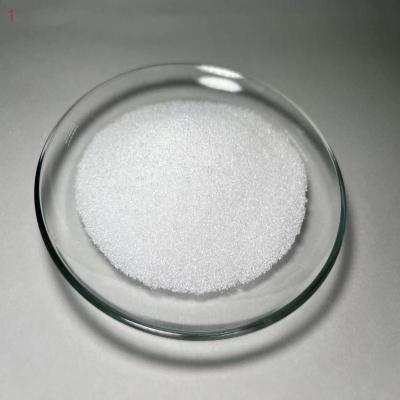-
Categories
-
Pharmaceutical Intermediates
-
Active Pharmaceutical Ingredients
-
Food Additives
- Industrial Coatings
- Agrochemicals
- Dyes and Pigments
- Surfactant
- Flavors and Fragrances
- Chemical Reagents
- Catalyst and Auxiliary
- Natural Products
- Inorganic Chemistry
-
Organic Chemistry
-
Biochemical Engineering
- Analytical Chemistry
-
Cosmetic Ingredient
- Water Treatment Chemical
-
Pharmaceutical Intermediates
Promotion
ECHEMI Mall
Wholesale
Weekly Price
Exhibition
News
-
Trade Service
Recently, the research group of Teng Ying, a researcher at the Nanjing Institute of Soil Science, Chinese Academy of Sciences, took the polyester material polyadipate/butylene terephthalate (PBAT), which is widely used in biodegradable mulch films, as the object.
The degradation potential of PBAT in typical types of soil in the four major agricultural facilities in China was studied, and the relationship between the degradation potential of PBAT in soil and the changes of microbial community and key genes of PBAT degradation was systematically studied by metagenomic sequencing technology
.
This study revealed that the enrichment of PBAT-degrading bacteria and the abundance of key genes for PBAT degradation were the key driving forces that caused the differences in the ability of different types of soil to degrade PBAT, and analyzed the microbiome degradation mechanism of degradable agricultural film in soil.
The results are as follows: The development of biological control technology of soil agricultural film pollution provides a new idea
.
The research results were published in Environmental Science & Technology
.
The research work has been funded by the National Key R&D Program and the National Natural Science Foundation of China
.







